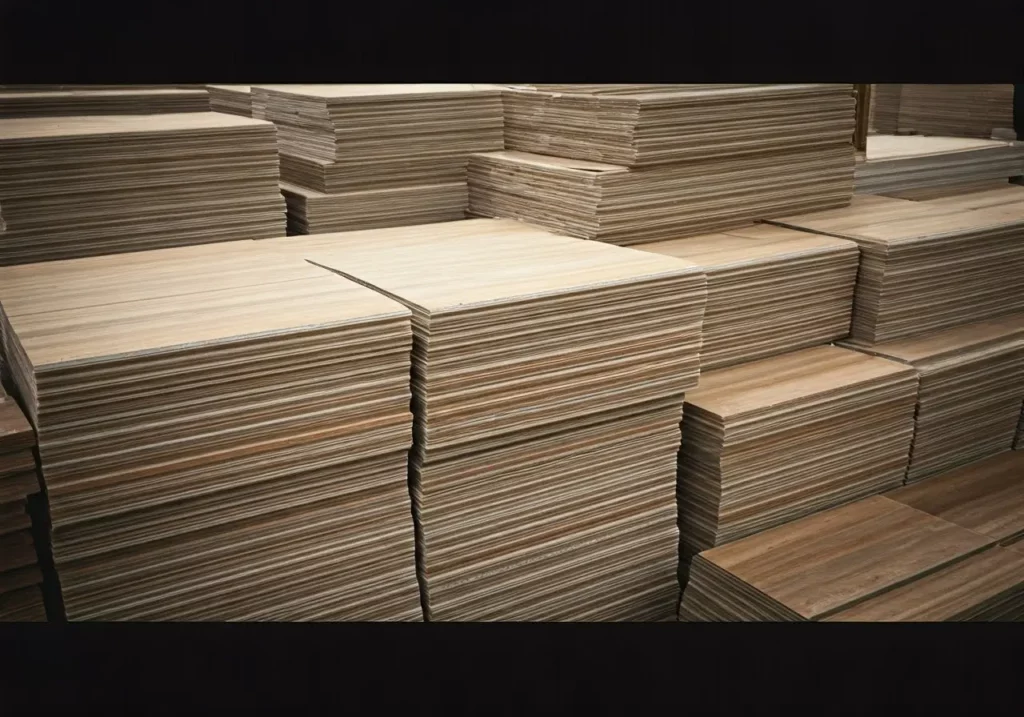Navigating logistics when dealing with tile manufacturers can be a complex task. From transport to warehousing, there are several challenges that can arise. Understanding these challenges can help in efficiently managing them. In this FAQ blog, we will explore some key logistical hurdles you may face when working with tile manufacturers and provide insights on how to address them.
Understanding Transportation Issues
Transporting tiles requires specialized handling due to their size, weight, and fragility. It’s crucial to select carriers skilled in handling such materials and to ensure that proper packaging and protective measures are in place to prevent damage. Specialized trucks with climate control can also be employed for specific types of tiles to avoid weather-induced damages.
Transportation delays are an ongoing challenge in the tile industry. Factors such as traffic, weather conditions, or even international shipping disruptions can cause delays. Developing contingency plans and working with reliable carriers help minimize the impact of unexpected delays.
Choosing the right transportation partner is essential. Experienced logistic firms offer specialized services that ensure the safe and efficient delivery of tiles. This includes resilient supply chain strategies which have become critical due to recent global disruptions in transportation.
Dealing with Customization and Lead Times
Tiles often require customization to meet specific design or functionality requirements. This makes lead time management critical. Establishing clear communication channels with manufacturers, including regular status updates, can align production schedules and reduce lead time discrepancies.
Customization processes may face delays due to resource constraints or production hiccups. Understanding quality assurance processes can aid in mitigating such delays and ensuring the customized tiles meet desired standards before shipment.
Lead times can be affected by various factors ranging from raw material availability to shipping logistics. Utilizing effective technology solutions for planning and forecasting can help manage these variables, ensuring delivery timelines are adhered to.
Managing Supply Chain Complexity
The tile supply chain involves multiple players, from raw material suppliers to tile retailers. This complexity requires robust oversight. Utilizing an integrated supply chain management system can enhance coordination and improve efficiency across all stages.
Supply chain disruptions can result in bottlenecks. Collaborating closely with suppliers to understand their capacities and constraints can enable better planning and help mitigate the risks of delays or shortages.
Incorporating technology like AI and machine learning into supply chain monitoring can provide predictive insights, helping anticipate and address potential issues before they escalate into major disruptions. This ensures a seamless logistical flow, avoiding costly hitches.
Overcoming Inventory Management Issues
Inventory management is crucial in the tile industry to meet demand without overstocking. Accurate demand forecasting and real-time inventory tracking can ensure that stocks are maintained at optimal levels to avoid both shortages and excess.
Effective inventory management goes beyond tracking stock levels. It involves understanding trends and consumer demands to make informed purchasing decisions. This proactive approach can prevent stockouts and improve customer satisfaction.
Implementing just-in-time inventory strategies can help reduce warehousing costs, but it requires precise coordination with manufacturers to avoid missed sales opportunities. Flexibility and agility in inventory management practices are paramount to adapt to changing market conditions.
Addressing Warehousing Challenges
Tiles can be bulky and require significant space for storage. Optimizing warehouse layouts and using vertical storage solutions can maximize available space and reduce damage risk during handling.
Temperature and humidity control within warehouses are critical for certain types of tiles which can be susceptible to environmental degradation. Regular audits and modern climate control installations can safeguard the longevity of stored tiles.
Warehousing efficiencies can be increased through the adoption of automation technologies like robotic handlers and automated inventory systems. These innovations not only speed up operations but also reduce human error, thus lowering the risk of product damage.
Wrapping Up: Navigating Logistics in Tile Manufacturing
Working with tile manufacturers presents unique logistical challenges, but being aware of these issues and implementing the suggested solutions can streamline the process. Proper planning and effective communication are essential to overcoming these challenges. By addressing these aspects proactively, you can ensure a smoother supply chain experience.


